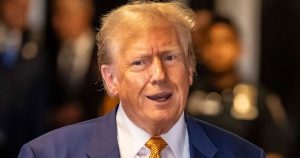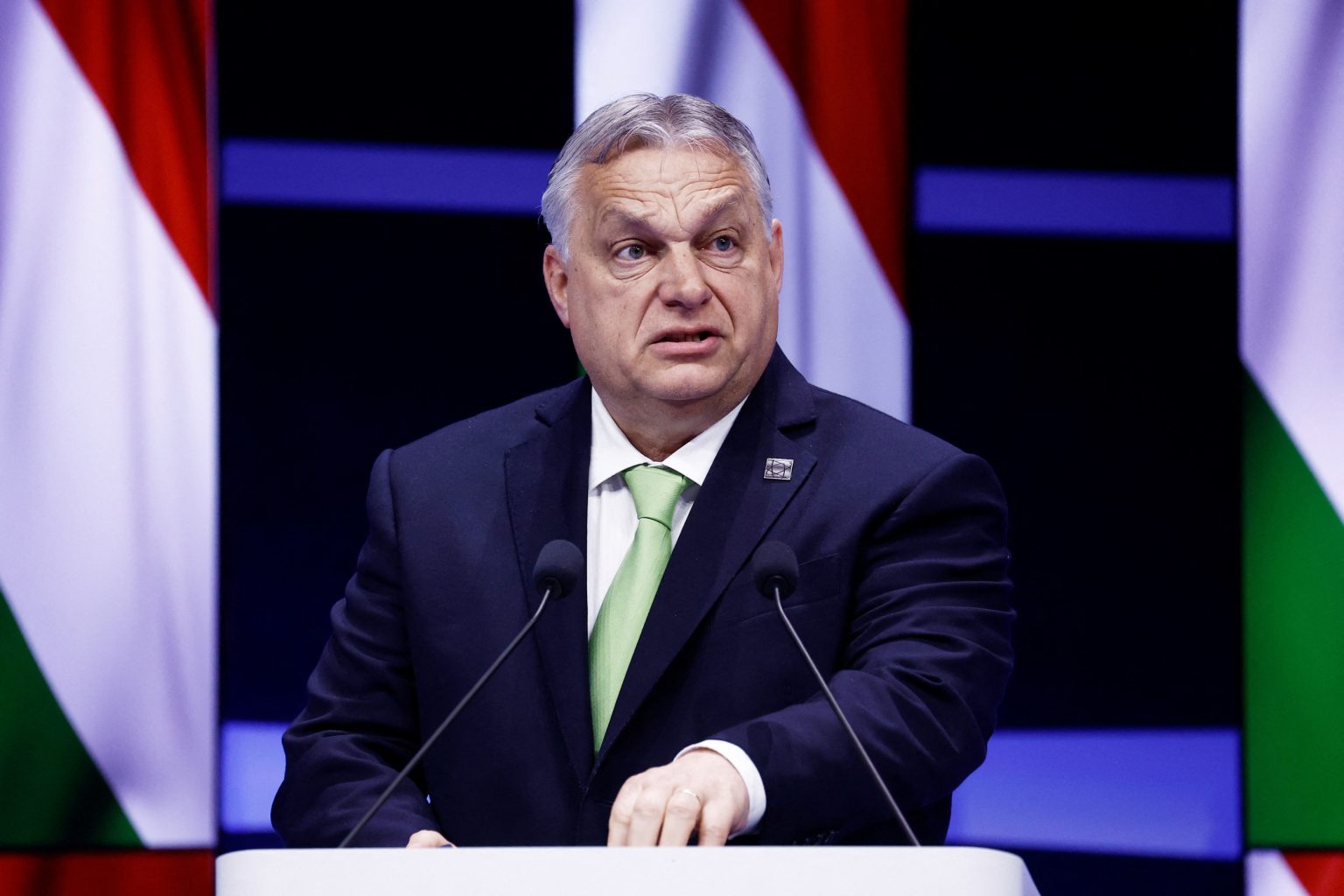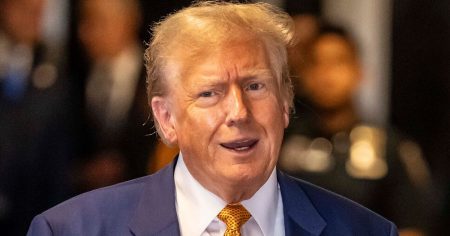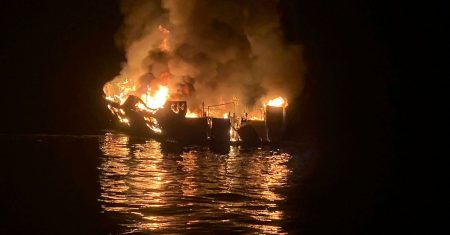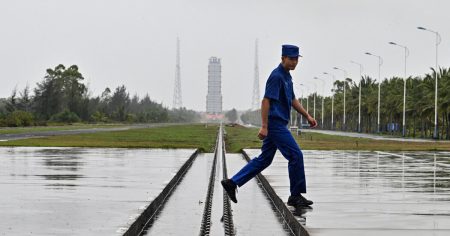Hungarian Prime Minister Viktor Orbán expressed concerns that Western leaders are on the brink of sending troops to fight in Ukraine, warning that such a move could have dire consequences for Europe. Orbán, who has shown sympathy towards Russian President Vladimir Putin, has also been blocking aid to Ukraine from the European Union and has opposed Ukraine’s membership in NATO. He emphasized that European leaders have been referring to the conflict in Ukraine as “their war” and criticized NATO’s approach as being dominated by a logic of war.
Orbán’s comments came after French President Emmanuel Macron suggested in February that NATO should not rule out sending troops to Ukraine to prevent Russia from winning the war. While some NATO leaders have expressed support for this idea, others have opposed it. Despite large amounts of money and weapons being sent to Ukraine, Orbán noted that the situation has not improved and called for a commitment to peace. He assured that Hungary would not take sides in the conflict and would remain neutral.
Orbán did not provide evidence to support his claims of Western leaders being close to deploying soldiers in Ukraine. The Kremlin has also warned that Western involvement in the conflict could lead to a direct clash between NATO and Russia. Kremlin spokesperson Dmitry Peskov stated that such involvement would make a confrontation inevitable. Orbán’s stance reflects his commitment to keeping Hungary out of the Russo-Ukrainian war and avoiding becoming entangled in conflicts involving great powers.
Despite Macron’s comments and the ongoing debate within NATO about potential military intervention in Ukraine, Western allies of Kyiv have not committed troops to the war. However, Orbán’s concerns about the possibility of Western soldiers being sent to Ukraine highlight the complex geopolitical dynamics at play in the region. As tensions between Russia and Western nations continue to escalate, Orbán’s decision to prioritize peace and neutrality for Hungary reflects his pragmatic approach to international relations and his focus on maintaining stability within the country.
Orbán’s position on the conflict in Ukraine also sheds light on the divisions within NATO regarding military intervention and the differing perspectives on how to respond to Russia’s actions. While some leaders advocate for a more aggressive stance, others, like Orbán, emphasize the importance of prioritizing peace and avoiding further escalation. Hungary’s stance on the conflict underscores the challenges faced by European nations in navigating the complexities of the Russo-Ukrainian war and balancing their relationships with both Russia and Western allies. Ultimately, Orbán’s call for peace and neutrality reflects his commitment to safeguarding Hungary’s interests and avoiding being drawn into conflicts that could jeopardize the country’s stability.


